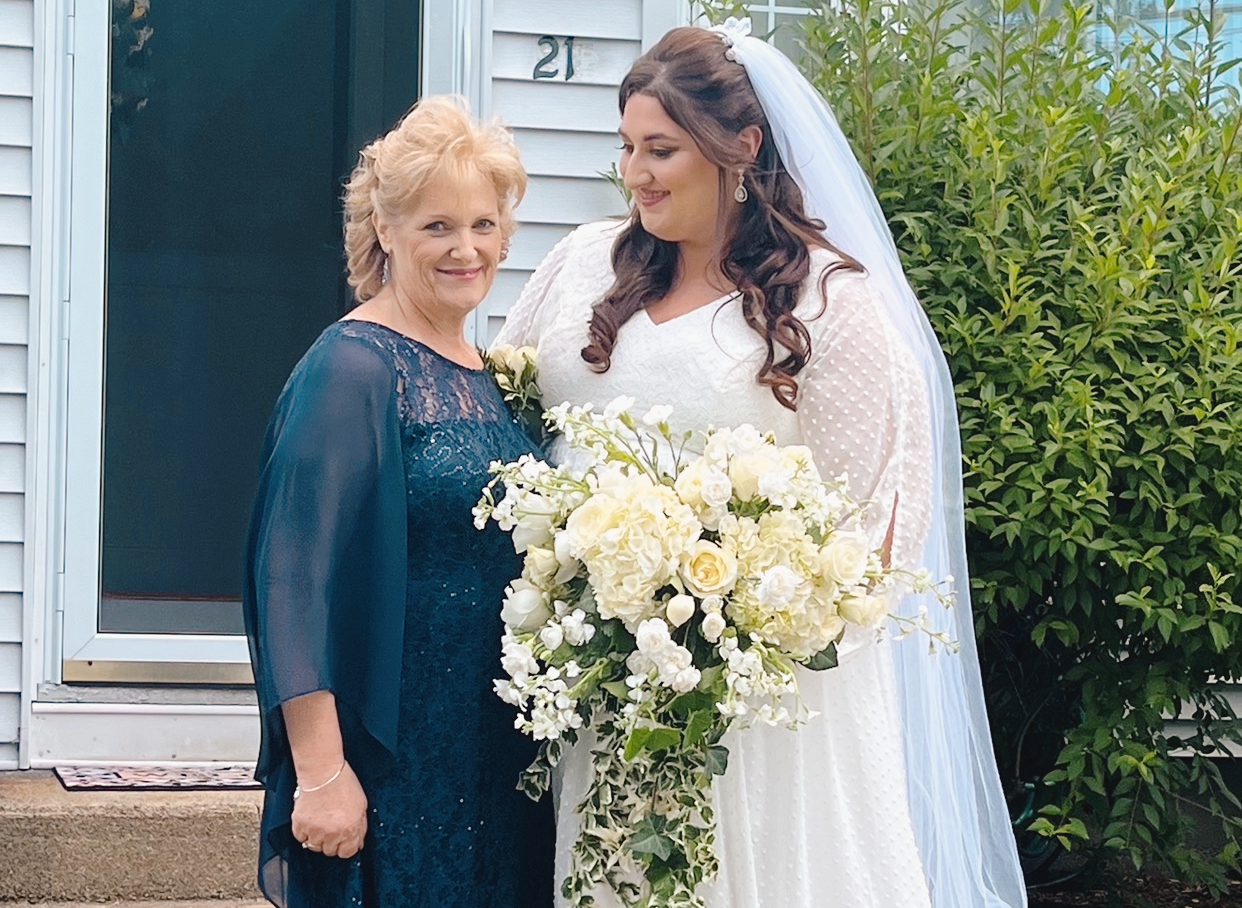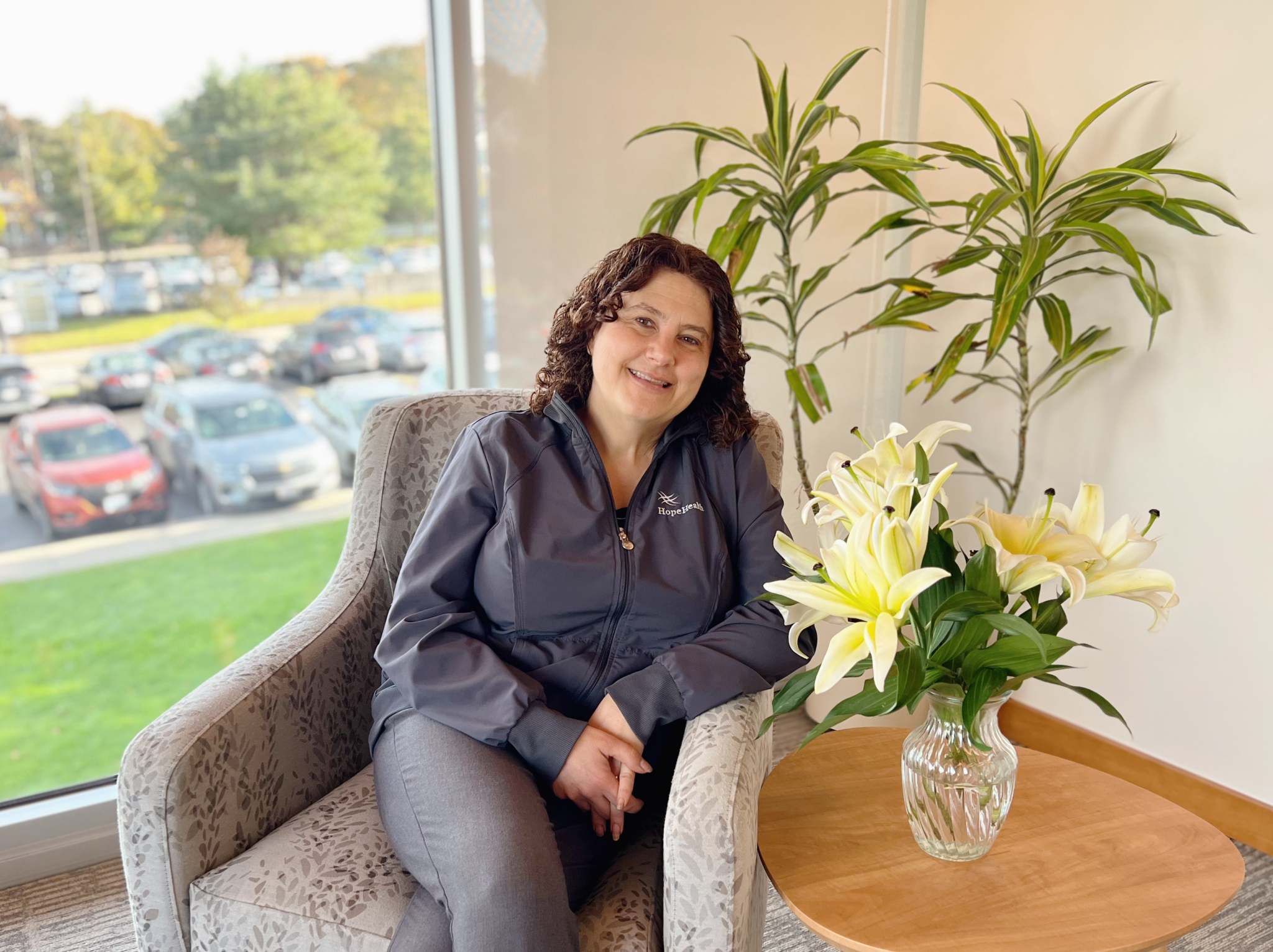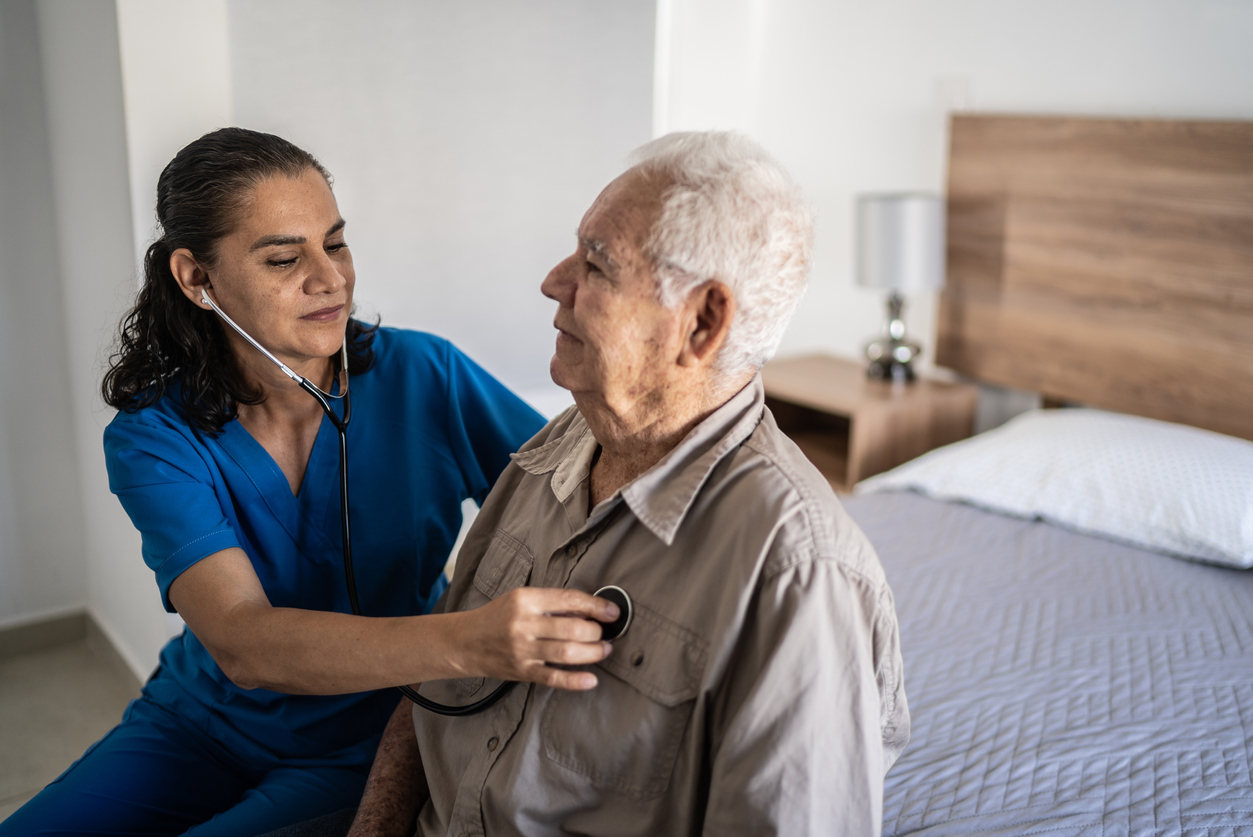As a longtime volunteer with HopeHealth, Stella already had a deep appreciation for the power of community. In fact, she’d spent years co-facilitating a grief support group, and marveled at the healing she witnessed there. But when her husband was diagnosed with Parkinson’s disease, it didn’t occur to her that she might need her own Read More










